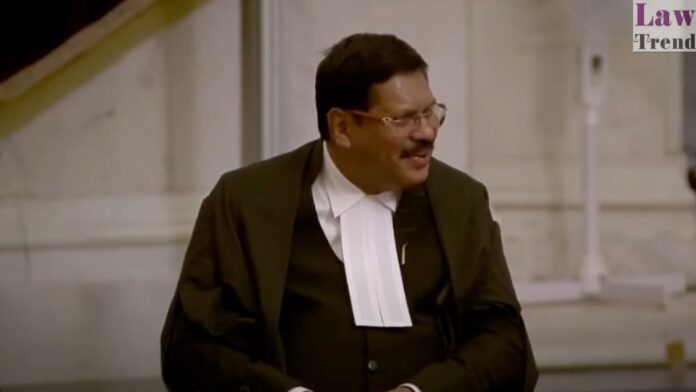Chief Justice of India (CJI) Bhushan R. Gavai on Tuesday stressed that the country’s top judge does not hold judicial powers superior to the other 33 judges of the Supreme Court, and is equally bound by the principles of judicial propriety and discipline.
“The CJI is not superior to other judges. He exercises the same judicial power like the other 33 judges of this court. The CJI is just the first among equals,” Justice Gavai observed while heading a bench also comprising Justices K. Vinod Chandran and N.V. Anjaria.
The bench was hearing the Union government’s plea to recall the April 26, 2023 judgment in Ritu Chhabaria v. Union of India, which held that an accused is entitled to default bail if an incomplete charge sheet is filed. That ruling by Justices Krishna Murari and C.T. Ravikumar had prompted a surge in bail applications in high-profile cases.
Bench Questions Power to Override Co-equal Bench
The Centre’s recall plea relied on a May 1, 2023 order by a two-judge bench led by then CJI D.Y. Chandrachud, which had effectively put the April 26 ruling on hold after Solicitor General Tushar Mehta warned of “large-scale ramifications.” Justice Gavai’s bench questioned whether a bench, “just because it sits in the first court,” could alter an order passed by another bench of equal strength.
“We believe in adherence to judicial propriety and discipline. If we permit this, one bench can go on interfering with orders of another bench just because the former does not like it,” Justice Gavai said.
Government Flags Nationwide Impact
Mehta urged the bench to consider the “all India ramifications” of the Ritu Chhabaria ruling, citing around 50 pending applications where accused have argued that mentioning Section 173(8) of the Criminal Procedure Code (CrPC) in a charge sheet indicates further investigation is pending, making the charge sheet incomplete and entitling them to default bail.
“It can create chaos,” Mehta submitted, urging that the special leave petition (SLP) be heard to settle the law. The bench pressed him on procedural propriety, noting, “Where is the question of recalling an order in an independent case? What happened to your review plea in the Ritu Chhabaria case?” Mehta replied that the review had been dismissed on July 31, 2025.
Justice Gavai indicated that a three-judge bench would be constituted to hear the matter in detail.
Core of the Dispute
The April 26, 2023 verdict held that filing a charge sheet without completing the investigation or using supplementary charge sheets to defeat the statutory right under Section 167(2) CrPC cannot deprive an accused of default bail. This provision mandates bail if the investigation is not completed within 60 days (or 90 days for serious offences).
The ruling stemmed from a petition by Ritu Chhabaria, whose husband was booked under the Prevention of Corruption Act. The CBI had named him only in supplementary charge sheets, while the final report remained incomplete.
In response, Mehta and the Enforcement Directorate (ED) have argued that the judgment conflicts with earlier three-judge bench decisions, such as Vipul Agarwal v. State of Gujarat (2013), and undermines provisions like Explanation (ii) to Section 44 of the Prevention of Money Laundering Act, which permits further investigation even after filing a complaint.
The government contends the ruling is per incuriam for ignoring binding precedent, notably the 2017 Dinesh Dalmia case, which held that courts could grant police custody during further investigation if compliant with Section 167(2) CrPC.




